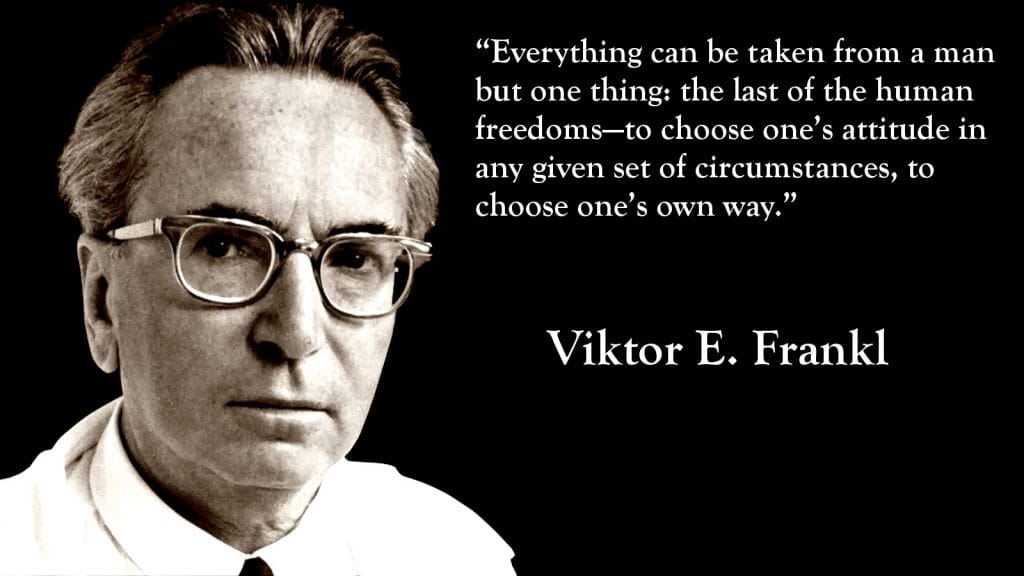
“Man’s Search for Meaning” is a book by Viktor Frankl, a psychiatrist who survived the Holocaust. The book provides insights into Frankl’s experiences during his time in concentration camps, and how he found meaning and purpose in life, even in the most difficult circumstances. Here are some key points from the book:
- Humans have a fundamental need for meaning and purpose in life. This need is what separates us from other animals, and it is essential for our psychological wellbeing.
- Life is not primarily a quest for pleasure or happiness, but rather a search for meaning. The search for meaning is what gives us the strength to endure the most difficult circumstances.
- Frankl’s experiences in concentration camps taught him that humans have the ability to choose their response to any given situation. Even in the most dire circumstances, we can choose to find meaning and purpose in our lives.
- Frankl developed a form of psychotherapy called logotherapy, which focuses on helping patients find meaning and purpose in their lives. This approach has been shown to be effective in treating a wide range of psychological disorders.
- According to Frankl, there are three main ways to find meaning in life: through work or creative activity, through love and relationships, and through suffering. Suffering can be transformed into a positive experience if it is seen as an opportunity for growth and personal development.
- The search for meaning is a lifelong journey. It is not something that can be achieved once and for all, but rather something that must be pursued continuously throughout life.
- Frankl believed that spiritual values and a sense of connection to something greater than oneself are essential for finding meaning in life. He emphasized the importance of developing a personal philosophy or worldview that can guide us through difficult times.
Overall, “Man’s Search for Meaning” is a powerful testament to the human spirit and the importance of finding meaning and purpose in life, even in the most challenging circumstances.
